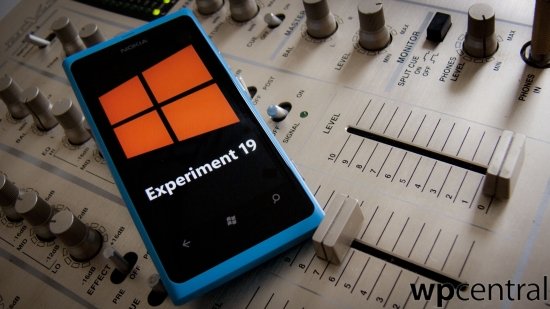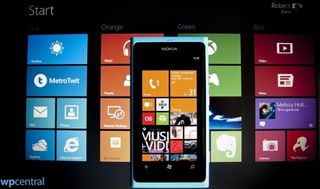Experiment 19: How Windows NT was streamlined for Windows Phone 8

Microsoft Research has published a few more details on their skunkworks project that commenced in 2008 to bring the Windows NT core to ARM. Better still this goes on to show that not only were they successful, but also they were able to beat Windows CE in performance tests on the same hardware.
Windows CE, on which Windows Mobile and Windows Phone 7 run, has been the mainstay of Microsoft’s mobile efforts for a very long time. The problem of course is that it’s never really been Windows at all and for the most part it an entirely separate beast. Windows NT, the core of Microsoft’s standard Windows products, was long considered too large and resource heavy to work well on mobile devices. Experiment 19 was a project to prove that not only could NT come to mobile, it could do so and beat Windows CE in the process. It was a success.
For Microsoft this must have been a breakthrough moment, they decided to drop CE for its mobile platforms and go with this new slimmed down core (MinWin). Whilst we already know that the core of Windows Phone 8 and Windows RT tablets share a similar genesis, it’s nice to see some backstory on where and how this came to pass.
Bringing NT to ARM whilst compacting the fundamentals of Windows has likely been a mammoth undertaking. The fruits of this drive to slim down the once lumbering NT core are being seen clearly now. Windows 7 actually had MinWin as its core and further streamlining of the OS means now Windows 8 runs faster on the same hardware.
As an interesting aside, I was under the impression that Windows Phone 8 would require dual core to run efficiently, due to its basis on the more traditional windows technologies. That is at odds with what I’m reading and seeing here in this snippet from the project. MinWin shows it’s able to run faster on the same hardware. That dispels any rationale I had for MS dropping support for older Windows Phone 7 hardware. That of course is not to say there aren’t a great many other reasons why it can’t run on current gen devices due to hardware requirements or just the plain reason that MS want to drop these lower end devices and move briskly forward with a platform that’s fit to tough it out with the higher end devices of today.
Whilst my feelings about Microsoft’s decision to leave current gen devices behind is mixed, my feelings toward a properly joined up eco system running roughly the same core is very warm indeed. As a long time Windows user, I have seen the benefits of having a wholly formed eco system feeding in and augmenting the other parts. You can see this with client and server versions of Windows clearly. Having a common windows core running on all of their future devices will have so many benefits for Microsoft. Already we are seeing traditional Windows running faster and more efficiently on lower end hardware, a direct result of the need to have an agile core that runs well on mobile. Conversely, Windows Phone 8 will benefit from long established and familiar technology from Windows NT. We can look forward to finally having a highly scalable core, meaning dual and quad core phones are just the start. In Windows Phone 8 we’ll get Bitlocker to secure the device to enterprise levels of security, common driver models and a whole lot more.

Strength through unity of core design
Get the Windows Central Newsletter
All the latest news, reviews, and guides for Windows and Xbox diehards.
If breaking compatibility with the past and not offering Windows Phone 7 devices an upgrade means we get a more scalable, secure and rich future, I’m prepared to accept that. Windows Phone won’t be a side project at Microsoft anymore. Being a true member of the Windows family will mean that it will be part of Microsoft’s single biggest engineering effort. The results of this project will be hitting the shelves in the October timeframe in the form of Windows 8 and Windows Phone 8. Next year I wonder will we see the Xbox vNext based on a similar core again. I would be very surprised if it we did not.
As ever, I am keen to know what you think. Are you happy to see Windows NT finally reaching Windows Phone? Would you have preferred MS kept Windows Phone separate?
Source Microsoft via Mary Jo Foley
Still here? Want more to read, okay, check these too:-
- MSR Pages about Menlo and Experiment 19 Channel 9
- Mark Russinovich: Inside Windows 7
- Experiment 19: Re-imagining the Windows Phone Platform
